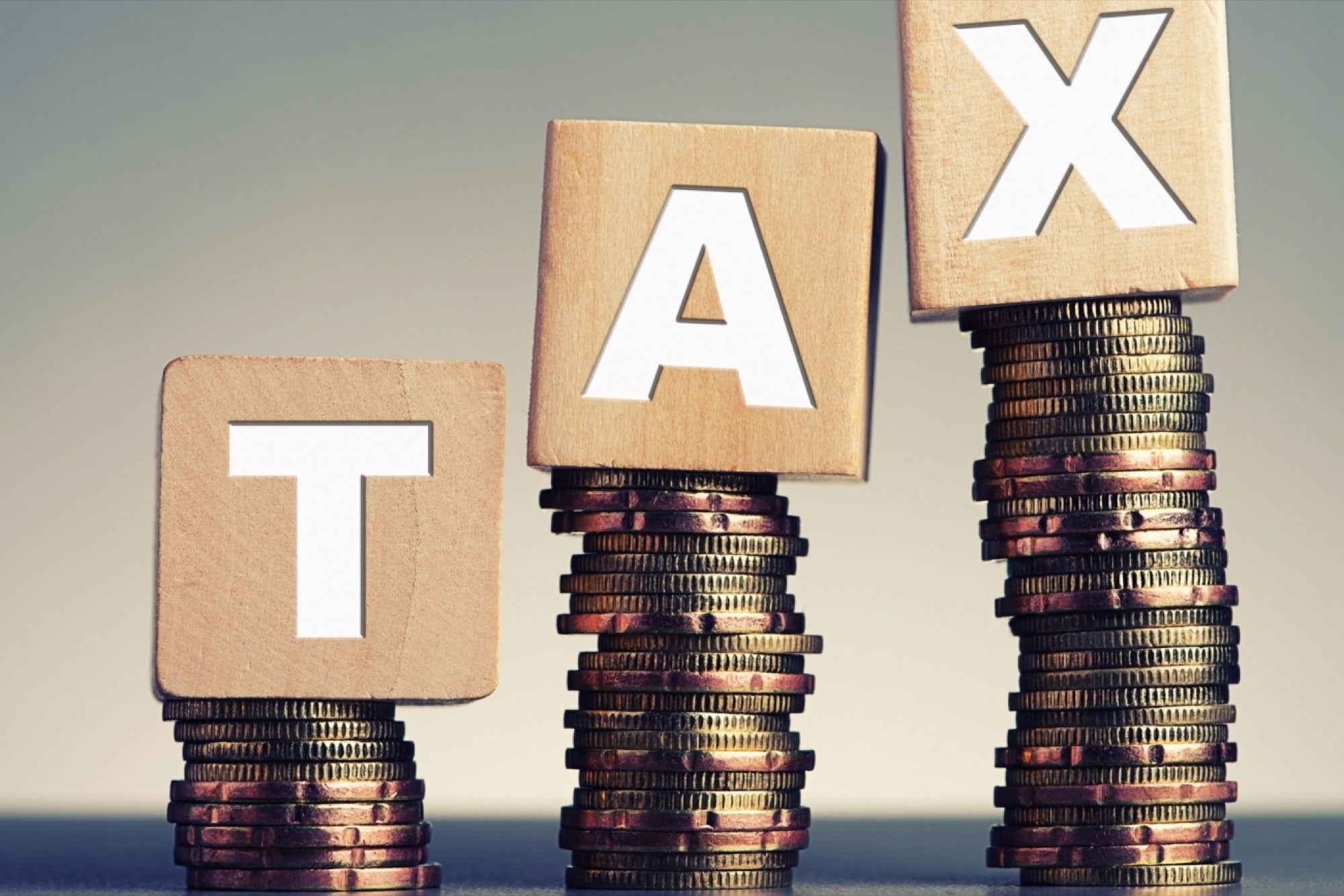A Look Into the 'Flawed' Thesis of Angel TaxAngel Investors acknowledge government's efforts for easing angel tax exemption seeking procedure but are yet to be satisfied
You're reading Entrepreneur India, an international franchise of Entrepreneur Media.

In a recent notification, the government simplified the process of seeking exemption from angel tax notices for start-ups by eliminating the need for certification from an inter-ministerial body. Going forward, applications for exemption, routed through the department of industrial policy and promotion (DIPP), will be processed by the Central Board of Direct Taxes within 45 days.
The welcome move seeks to ease concerns raised by start-ups about tax officials questioning the share premium received at the time of raising capital through the sale of new shares. The government is open to further facilitate start-ups to seek exemption from angel tax by further easing the simplified framework.
As of the new notification, the start-ups recognised under the Startup India initiative do not require the "Merchant Banker Valuation' and approval from Inter-Ministerial Board for claiming exemption u/s 56 (2) (viib), (the underlying section of the Income Tax Act which triggers the "Angel Tax').
However, the investor/proposed investor should have returned the income of Rs 50 lakh or more for the financial year preceding the year of investment/proposed investment and a net worth exceeding INR 2 crore or the amount of investment proposed, whichever is higher for approval and claiming the exemption.
Entrepreneur Indiatalked to a few active angel investors to analyze the market view on the relaxed norms. Here's what they said:
Abolish Angel Tax?
Start-ups and investors are yet to conclude logical reasoning behind the implementation of Angel Tax. While the government is trying to maintain a record on where the money is coming from, investors are still in a dilemma that why the government is penalizing Indian investors who are supporting the venture eco-system by backing disruptive ventures creating the next level of employment opportunities in the country.
"Tax on investment is counterproductive. The government should look to entirely abolish this regime. Instead, focus on ensuring Accredited Investors only invest in early-stage ventures and ensure that the money chain is clean/ proven i.e. PAN details are obtained and the investment transactions are via legit banking channels only," saysAshish Taneja, Managing Director, GrowX Ventures.
Adding to his words,Shashank Randev,Angel Investor & Member of Executive Committee at People of Indian Origin Chamber of Commerce and Industry (PIOCCI)believes that the entire "Angel tax thesis is fundamentally flawed by the government.' While he is certain that the government's recent step will create a sustainable and more focused ecosystem, he was unable to deny that there are nuances to be considered.
Lack of Clarity
Clarity on execution and terms of eligibility is still lacking by the government. "More clarity is required if the eligibility for the exemption is for all the start-ups or the ones approved by DIPP," statedPranay Gupta, the co-founder of 91springboardand an active angel investor.
Randevis certain that the step has helped in defining the parameters for taxable and non-taxable angel investments, more clarity is required on the execution front. He added, "In India, we all are trying to build an angel investment community, so an aspiring angel investor should not be deterred to step into angel investing because they are not clear about the policy."
Why the Limit?
DIPP's condition which states that the "aggregate amount of paid-up share capital and share premium after the proposed issues of shares should not exceed INR 10 crore' has received a mixed response from the ecosystem. While few feel that start-ups rarely end up raising INR 10 crore in a year from angel investors, others have failed to understand the logic behind the limit.
A startup, irrespective of its age, is needed to raise funds.Bala Parthasarathy, Founding Partner, Prime Venture Partners & CEO, MoneyTapfeels, "Most startups raise less than Rs 10Cr for their initial investments from Angels. After that, they go to venture capitalists and other institutions. It will not impact 95% of startups which are well within this amount of paid-up capital."
Contrary to him,Tanejabelieves,"First DIPP wants the start-up to be registered, once that is done why have an INR 10 crore limit? DIPP has very stringent criteria on what constitutes a start-up - once that is achieved the amount of paid-up capital or share premium should be immaterial."
License Raj Returns?
The investors are happy with the positive step taken by the government to promote the start-up ecosystem as it will help more and more innovative business ventures to get funded. While the big tax sword hanging over the head of entrepreneurs who already have enough challenges to deal with has been removed, it is unclear if the application procedure will be simplified or not.
Expressing his opinion on the tax filing,Parthasarathystated, "DIPP can reserve the right to audit for violations like the above INR 10 crore cap but should not require start-ups to go get permission to raise money again. Government's approach should be, "Innocent, until proven guilty.' I think we still have a hangover from the License Raj days of "Guilty, until proven innocent'."
Hesitance in Participation
It has been noted that not many start-ups have shown greater interest in seeking tax exemptions on angel investments.Dr Apoorv Ranjan Sharma, the co-founder & President of Venture Catalystsreasoned, "The current regulations provide angel tax exemption only if investors are accredited, investors. If the investors are not accredited investors, then the benefit of angel tax exemption is not available to the startup."
"Further, the current mechanism involves collecting detailed personal information from each investor on their financial sources for investments. Many a time, these investors are sceptical in sharing such information with Startups. Therefore, very few startups come forward to make an application to DIPP for Angel tax exemption," he added.













